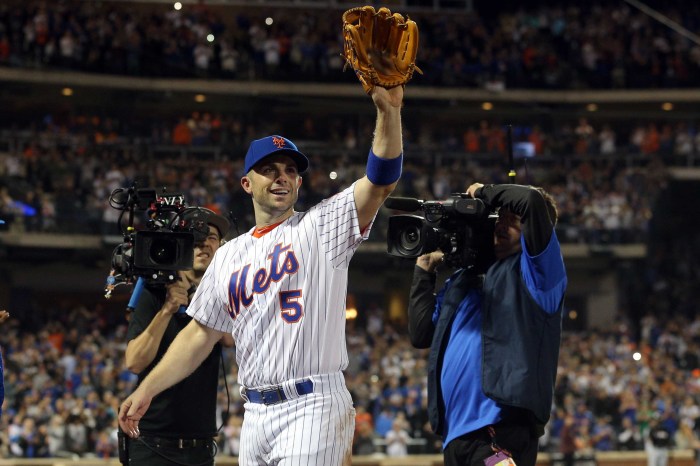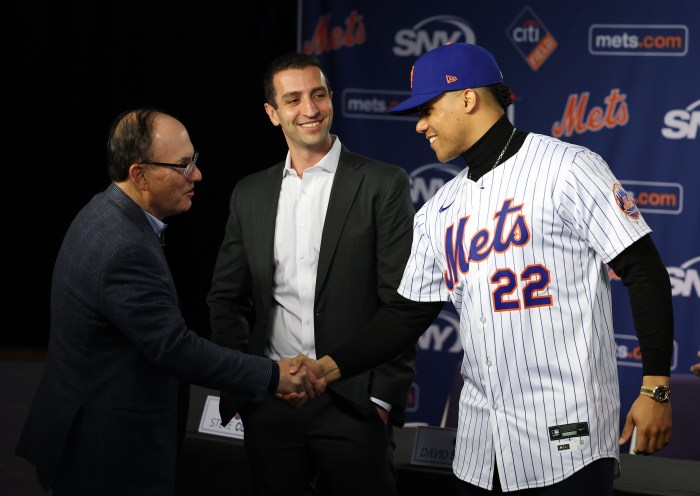Brandi Chastain in a sports bra.
It’s one of the most iconic images in U.S. sports history, and for most Americans, it’s the first thing that comes to mind when they think of the U.S. women’s soccer team, even as the 2015 Women’s World Cup opens this weekend.
But before Chastain and the United States won the 1999 World Cup at the Rose Bowl, the ’91 team won the inaugural event to much less fanfare in China, a country known for its struggles with gender equality.
“The World Cup in ’91, in China, of all places, with probably six reporters and maybe one U.S. soccer official, that doesn’t amount to much of a wave, you know?” said Michelle Akers, who played for both the ’91 and ’99 U.S. World Cup teams.
The Americans beat Norway, 2-1, in the final of the 12-team tournament. The match in Guangzhou drew 65,000 fans, compared with more than 90,000 for the ’99 final in Pasadena. The ’91 tournament barely received television coverage. The ’99 final aired live on ABC and drew an 11.4 rating.
“The ’91 team, our U.S. men weren’t really a presence at that time,” Akers said. “So for most Americans, a World Cup was like, ‘What’s that?’ For Americans, it’s the Olympics — that’s the event that we all know and are brought up with, so it’s been kind of a learning process for the American public to understand and care about what the World Cup is.”
Akers scored 10 goals in the ’91 World Cup as the United States outscored its opponents, 25-5.
The ’91 tournament actually was called the Women’s World Championship.
The women’s national team had a contract dispute with U.S. soccer over salaries and bonuses before the 1996 Olympic Games in Atlanta. Eventually, the two sides settled for a $240,000 gold-medal bonus and $115,000 for a silver medal, plus individual bonuses for the 16 players named to the final roster in June.
And it was the ’96 Olympic team that really put women’s soccer on the map in the United States. It was the first year women’s soccer was featured in the Olympics. Team USA won the inaugural title with 10 members from the ’91 World Cup team, including Akers.
By that point, Mia Hamm and other players had endorsement deals and were making appearances to help promote the team.
The ’91 team didn’t have any of those things.
Despite flying under the radar, Akers said she entered the ’91 World Cup knowing the United States would win. It never crossed her mind that it wouldn’t.
“That was kind of the mentality of that team in ’91,” Akers said. “We were tough as [expletive] and we outworked everybody. The team wasn’t necessarily the best team overall, but the mentality overall was what separated us and made us the best.”
April Heinrichs, a fellow member of the ’91 World Cup team and former USWNT head coach, said it took a bit longer for her to realize it.
“I knew we were one of the top teams,” she said. “I knew that we could compete in a one-off game with any country in the world, that we could potentially win it — I had that feeling. That was very palpable. Like any tournament, there’s some challenges and hurdles you’ve got to get over, so for me, once we beat Germany in the semifinals, I had that same feeling, as if I knew we would win.”
Heinrichs said it never really bothered her that the ’91 team didn’t get much recognition compared with the ’99 team.
“The most recent World Cup, or the most recent NHL team, or the most recent superstar in basketball is always discussed as being the best ever,” she said. “The most recent always get that sort of focus, and I don’t worry about it too much. I don’t spend too much time thinking about it.”
It’s been 16 years since the most recent World Cup victory. Can the U.S. end the drought in Canada this year?
Heinrichs, now the technical director for the U.S. women’s team, said the depth and versatility is there, which will be important with the field expanding from 16 teams to 24 teams.
“Like any former coach, I don’t makepredictions, but I like the preparations that we had,” she said. “But sports are still sports. You have to play the game. If we didn’t play the game, it wouldn’t be sports. It would be a paper we’re writing, or something that we know the outcome. But with these things, soccer especially, the outcomes can be a little topsy-turvy, so I feel that we’re prepared, that the team will perform well.”
Akers plans on watching Team USA in the final on July 5 in Vancouver.
“You have to be in the team to know exactly what’s going on and where people’s heads are and mentality,” Akers said. “It’s hard to know unless you’re in the middle of it. But I want us to. I’m planning on it. I’m going for the final, so they better be there.”


































